Ataxia Diagnosis & Treatment
Ataxia Diagnosis & Treatment at Mir Neurology
What is Ataxia?
Ataxia is a neurological condition that affects coordination, balance, and motor control. It develops when the brain, cerebellum, or nervous system cannot properly coordinate muscle movements. This leads to difficulty with walking, hand-eye coordination, speech, and other routine activities. Ataxia can result from multiple causes, including genetic disorders, brain injury, stroke, and diseases that impact the central nervous system.
At Mir Neurology, a team of experienced neurology specialists focuses on accurate diagnosis and comprehensive treatment of ataxia. Patients receive individualized care plans designed to manage symptoms, support independence, and improve daily function.
Symptoms of Ataxia
Ataxia symptoms vary depending on the underlying cause and the part of the nervous system involved. Common symptoms include:
1. Coordination Issues
Difficulty with fine motor skills, such as writing or buttoning clothing.
Unsteady movements.
Jerky or poorly controlled hand motions.
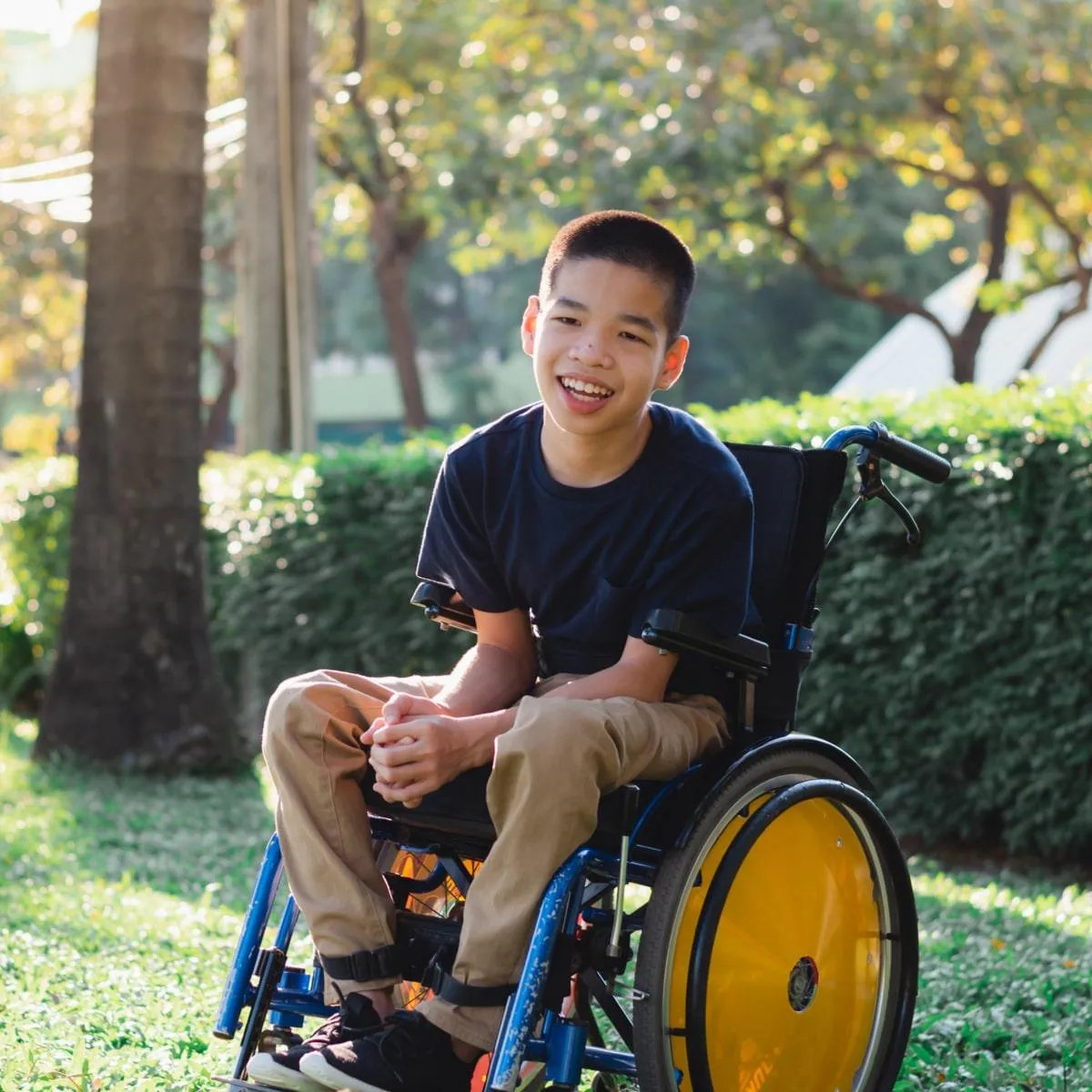
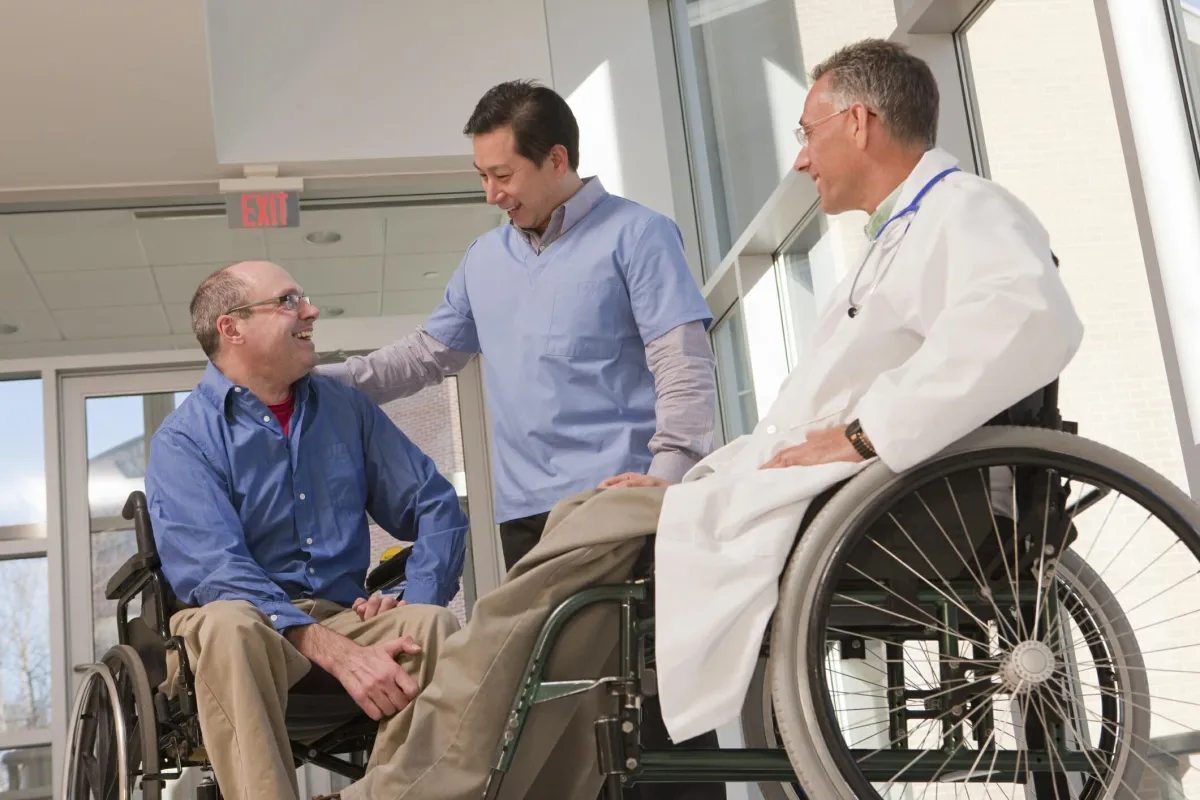
2. Balance Problems
Trouble walking with frequent falls.
Wobbling while standing.
Difficulty maintaining balance while sitting.
3. Speech Difficulties (Dysarthria)
Slurred speech.
Slow or unclear speech patterns.
4. Eye Movement Problems
Nystagmus, or involuntary eye movements.
Difficulty focusing on objects.
Problems with depth perception or visual tracking.
5. Swallowing Difficulties (Dysphagia)
Difficulty swallowing food or liquids.
Frequent choking or sensation of food sticking.
A feeling of food getting stuck in the throat.
6. Cognitive and Emotional Changes
Memory problems or difficulty concentrating.
Changes in mood, including depression or irritability.
If these symptoms appear, prompt neurological evaluation is essential to identify the cause and begin appropriate treatment.
Causes of Ataxia
Causes of Ataxia:
Ataxia can develop from a wide range of conditions, including:
1. Genetic Disorders
Some forms of ataxia are inherited. These include:
Friedreich's Ataxia – A genetic disorder that causes progressive damage to the nervous system.
Spinocerebellar Ataxia – A group of hereditary disorders that lead to the degeneration of the cerebellum (the part of the brain responsible for coordination).
Ataxia-telangiectasia – A rare genetic disorder that causes progressive ataxia along with other neurological and immune system issues.
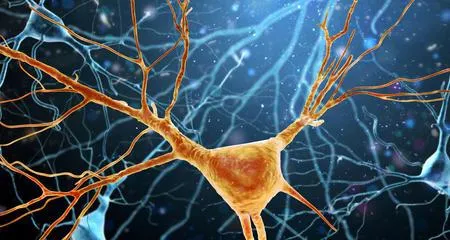

2. Stroke or Brain Injury
Damage to the cerebellum or other areas of the brain involved in motor control can lead to ataxia. A stroke or brain injury can disrupt the pathways necessary for balance and coordination.
3. Multiple Sclerosis (MS)
MS is an autoimmune disease that affects the central nervous system. It can cause damage to the nerve fibers that transmit signals from the brain, leading to symptoms of ataxia.
4. Neurodegenerative Diseases
Diseases such as Parkinson’s disease, Alzheimer’s disease, and Huntington’s disease can affect coordination and lead to ataxia as part of their progression.
5. Infections
Brain or spinal cord infections, such as encephalitis or meningitis, can cause inflammation that leads to ataxia.
6. Toxic or Medication-related Causes
Certain medications, alcohol abuse, or exposure to toxins (e.g., heavy metals) can cause ataxia by affecting the nervous system.
7. Vitamin Deficiencies
Deficiencies in nutrients such as vitamin E can damage nerves and contribute to ataxia.

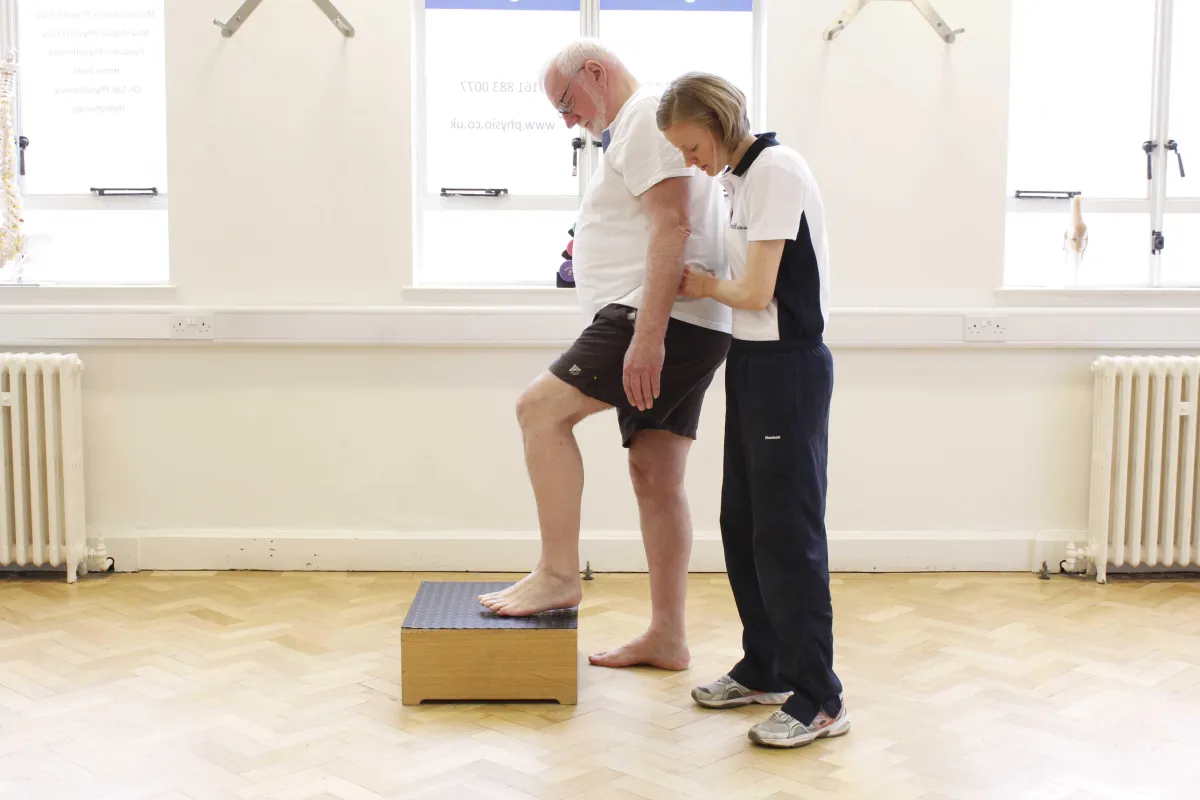
Diagnosis of Ataxia
Proper diagnosis is key to understanding the cause of ataxia and determining the most effective treatment options. At Mir Neurology, we use a combination of clinical evaluations, imaging, and specialized tests to diagnose the cause of ataxia.
1. Neurological Examination
A thorough neurological exam will assess your coordination, balance, reflexes, and overall neurological function. This may include tests like walking on your toes or heels, finger-to-nose tests, and other coordination exercises.
2. Brain Imaging
MRI (Magnetic Resonance Imaging) – An MRI is used to examine the brain for any abnormalities or damage that could be contributing to ataxia, such as strokes, brain tumors, or degeneration of the cerebellum.
CT scan (Computed Tomography) – A CT scan may is used in emergency situations or if an MRI is not available.
3. Genetic Testing
If a genetic cause is suspected, blood tests may be ordered to look for mutations associated with inherited forms of ataxia.
4. Blood Tests
Blood tests can help identify underlying causes such as vitamin deficiencies, infections, or metabolic disorders.
5. Electromyography (EMG) and Nerve Conduction Studies
These tests assess nerve and muscle function when neuromuscular involvement is suspected, which may be affected in certain types of ataxia.
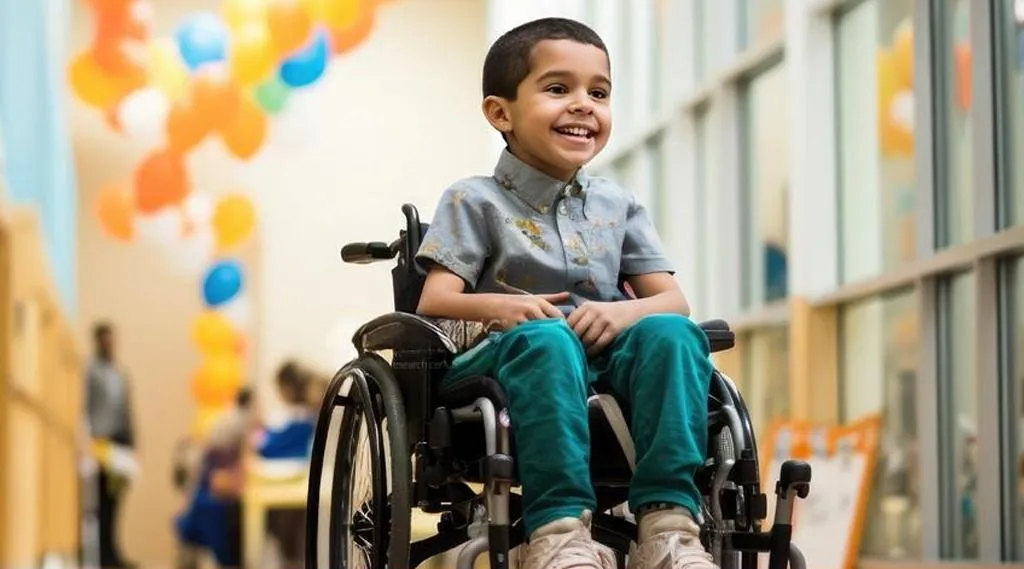
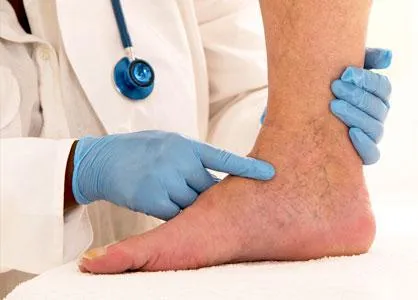
Treatment for Ataxia
While there is no cure for most forms of ataxia, Mir Neurology offers treatment options to help manage symptoms, improve quality of life, and slow disease progression.
1. Medications
Symptom control medications to manage tremors, muscle stiffness, dizziness, and coordination problems.
Anti-seizure medications for ataxia linked to seizure disorders.
Muscle relaxants to reduce spasticity.
Antidepressants or mood stabilizers for emotional and cognitive symptoms.
Vitamin supplementation, such as vitamin E therapy, for deficiency-related ataxia.
2. Physical Therapy
Physical therapy for ataxia to improve balance, strength, posture, and walking ability.
Gait training to reduce fall risk.
Exercises to enhance coordination and mobility.
3. Occupational Therapy
Occupational therapy to improve daily living skills
Training for dressing, eating, writing, and personal care
Use of adaptive tools to support independence
4. Speech and Swallowing Therapy
Speech therapy for ataxia to improve speech clarity.
Swallowing therapy for dysphagia.
Techniques to reduce choking risk and improve communication.
5. Assistive and Supportive Care
Assistive devices such as walkers, canes, braces, or wheelchairs.
Home safety modifications to prevent falls.
Adaptive equipment for daily activities.
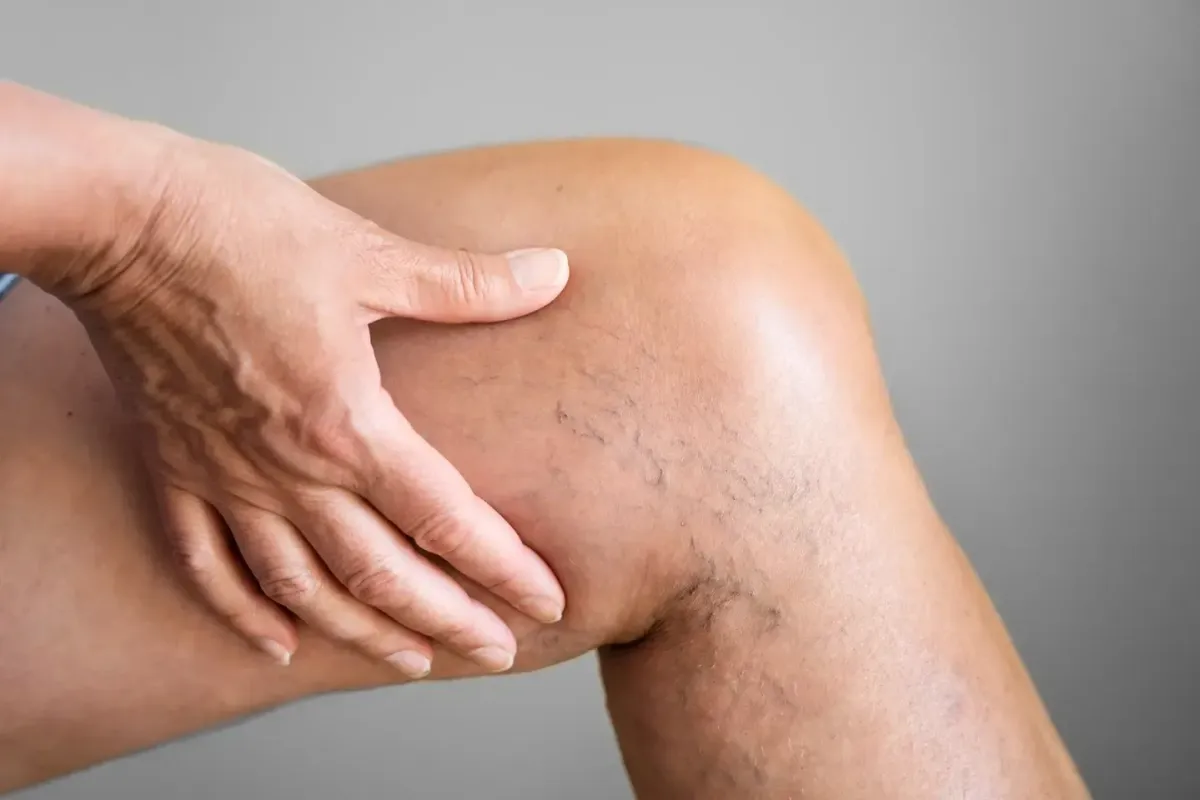
FAQs
What is ataxia?
Ataxia is a neurological disorder that affects balance, coordination, and motor control. It occurs when the brain, cerebellum, or nervous system cannot properly control muscle movements.
Is there a cure for ataxia?
Most forms of ataxia do not have a cure. Treatment focuses on symptom management, slowing progression, and improving daily function through therapy and medical care.
Can ataxia get worse over time?
Some forms of ataxia, especially genetic ataxia and neurodegenerative ataxia, progress over time. Early diagnosis and consistent treatment help reduce complications and maintain function.
When should you see a neurologist for ataxia symptoms?
You should seek a neurological evaluation if you notice ongoing balance issues, coordination problems, speech changes, or frequent falls. Early care improves long-term outcomes.
How does Mir Neurology treat patients with ataxia?
At Mir Neurology, patients receive personalized care that combines accurate ataxia diagnosis, therapy-based treatment, medication management, and long-term neurological support to improve quality of life.

Living with Ataxia
Living with ataxia affects mobility, coordination, speech, and daily independence. Many individuals experience challenges with balance, muscle control, and routine activities, which can also influence emotional health and cognitive focus. With timely medical care and structured support, many people continue to function independently and adapt effectively to physical changes over time.
At Mir Neurology, long-term ataxia management follows a comprehensive and patient-focused approach. Care plans include regular neurological monitoring, personalized medication management, and coordinated rehabilitation therapy. Physical therapy, occupational therapy, and speech therapy work together to improve balance, communication, swallowing safety, and daily living skills.
Care teams collaborate closely with patients and families to create individualized ataxia care plans based on lifestyle needs and functional goals. Guidance on fall prevention, use of assistive devices, and home safety supports long-term stability. This coordinated approach helps individuals living with ataxia disorders maintain independence and quality of life.
Get Expert Help

If you or a loved one is experiencing memory loss or cognitive decline, early diagnosis is key to effective management. Consult with our neurology specialists for personalized assessment and care plans.
Our Locations
To learn more about our experience or discuss your treatment options, please call us at (301) 797-7600 or schedule a consultation today!
Get our wellness newsletter
Filter out the noise and nurture your inbox with health and wellness advice that’s inclusive and rooted in medical expertise.
Contact Us
Complaint and Queries
(301) 517-7636
About | Careers
© Copyright 2026. Mir Neurology. All Rights Reserved.
A Part of Highland Healthy Living. Powered By CareSyncMarketing



